Last Updated on July 30, 2021
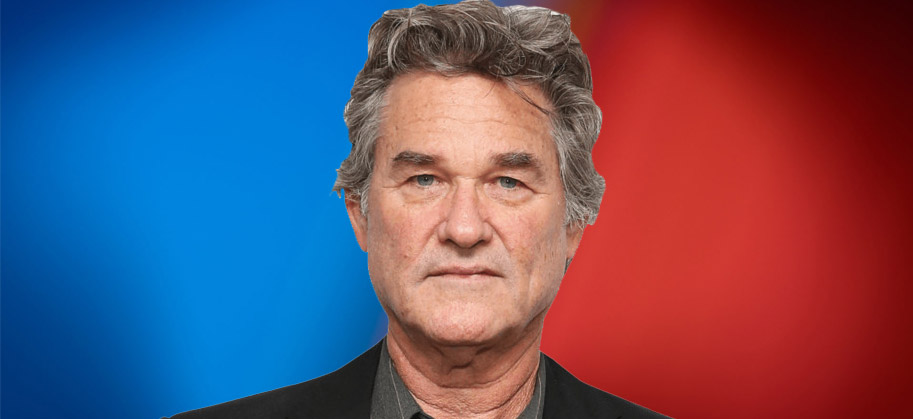
Nowadays it's almost impossible to imagine a day going by where a celebrity doesn't share their political agenda with fans. For better or worse, this revealing act can either bolster or damage a person's career, so why bother? For some, it's about taking a stand, while others find that engaging in politics online and in front of the camera will put their name in the headlines. Lately, it feels as if political discussions are a damned if you and damned if you don't type of situation, which is why legendary actor Kurt Russell isn't having any of it. In fact, Russell thinks that exposing one's political leanings is not only a bad idea, it can hurt an actor's craft overall.
Recently while speaking alongside his partner Goldie Hawn for a co-feature in the New York Times, said as much when he told the outlet, "I’ve always been someone who felt we are court jesters," said Russell, who is no stranger to playing radical, misfit characters on the silver screen. "That’s what we do. As far as I’m concerned, you should step away from saying anything so that you can still be seen by the audience in any character."
Be that as it may, Russell also believes in the power of information, and that remaining informed is vital to navigating today's tumultuous political climate.
"There’s no reason entertainers can’t learn just as much as anybody else about a subject, whatever it is," Russell explained. "But I think that what’s sad about it is that they lose their status as a court jester. And I’m a court jester. That’s what I was born to do."
He then added, "A court jester is the only one who can walk into the castle and put the king down as long as he doesn’t hit too close to home. I think that’s been a big, important part of all cultures throughout history, and I’d like to see it stay in ours."
Later in the interview, Russell and Hawn touched on the notion of true movie stars being of a dying breed, saying that the pandemic has done extensive damage to the way Hollywood functions, and by extension, has changed the way an actor's star can rise to lasting heights given the circumstances.
"We’re all trying to figure out what to do," said Hawn of the way Hollywood continues to tread water during the pandemic. "I mean when you look at how AMC has only so much money to exist before it goes away. When you see that big screen and people are in there engaging, there’s nothing like it. It makes me very melancholy to know that that could be over."
She continued, "However, there’s more content now than ever, and not only that, there’s a place for content. We’re looking at incredible talent. But the one thing I wonder about all of that is will there be any movie stars? That thing of the old days when there were these glamorous movie stars and people that you just couldn’t wait to go see. I don’t know if that will happen again."
Russell then lent his voice to the conversation by saying, "I think the question is will there be an arena for that? Without the arena, those movie stars don’t happen. That cultural aspect doesn’t happen."
I'm of the mind that the concepts of popularity and staying power in Hollywood are constantly evolving and that the stars of tomorrow are likely to forge a different path toward becoming immortal that diverges from that of their predecessors. If everything remains the same, there is no growth. If there is no growth, we're doomed to repeat patterns that have already grown stale and unimaginative. Young actors these days are just as hungry as the greats who came before them, and many of them will find new and exhilarating ways to stand the test of time.
What do you all think? Are Russell and Hawn onto something or have they failed to see the forest for the trees, so to speak? Hit us up with your opinion in the comments section below.


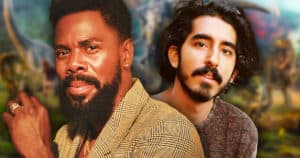

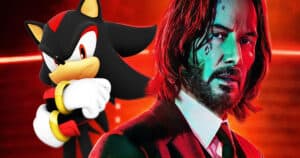
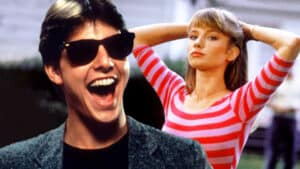
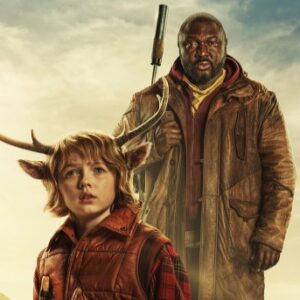
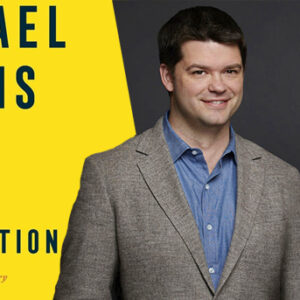

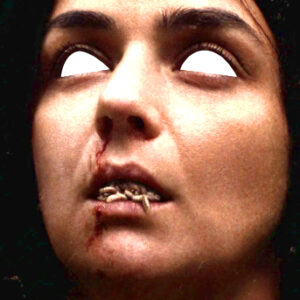
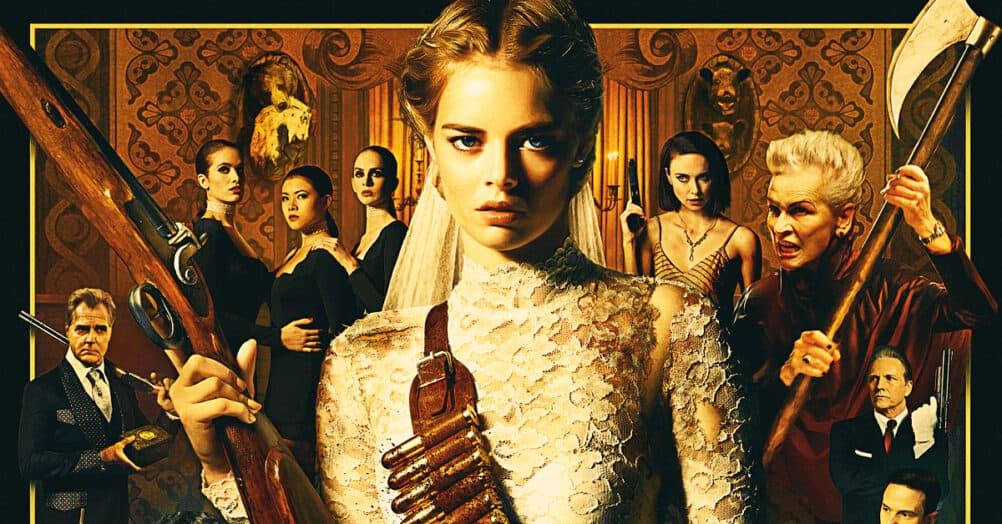
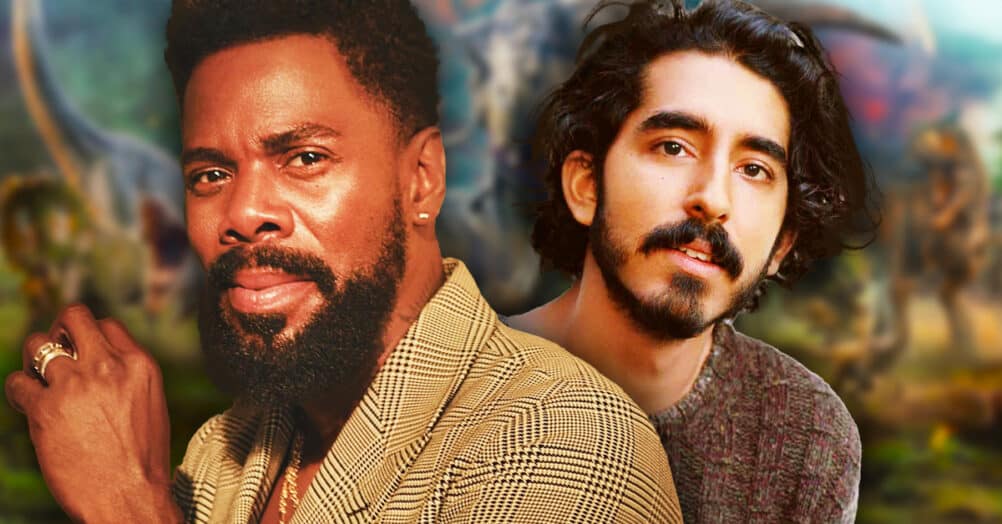
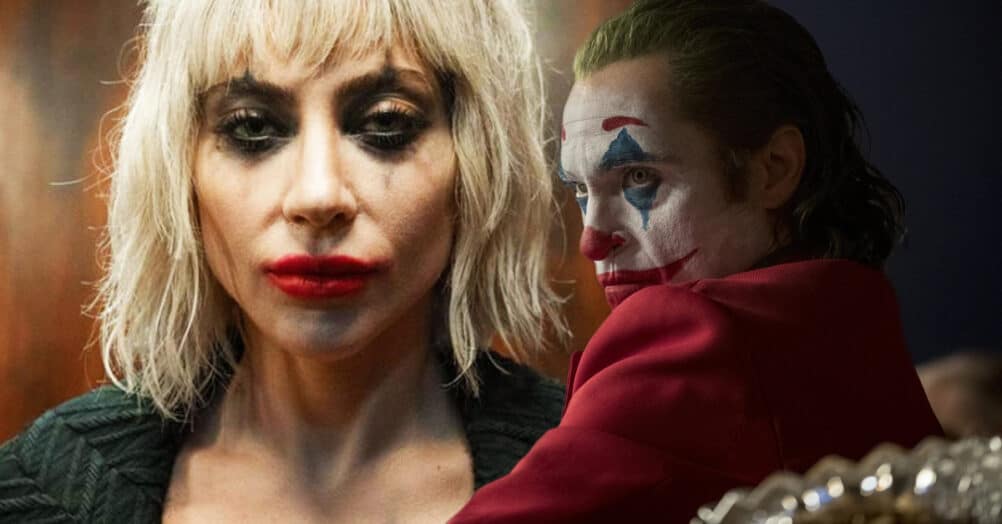
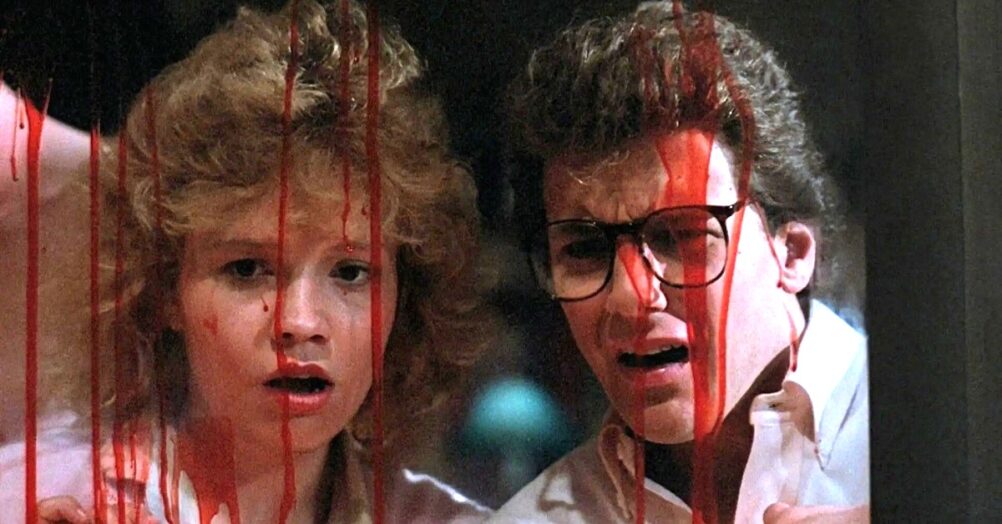
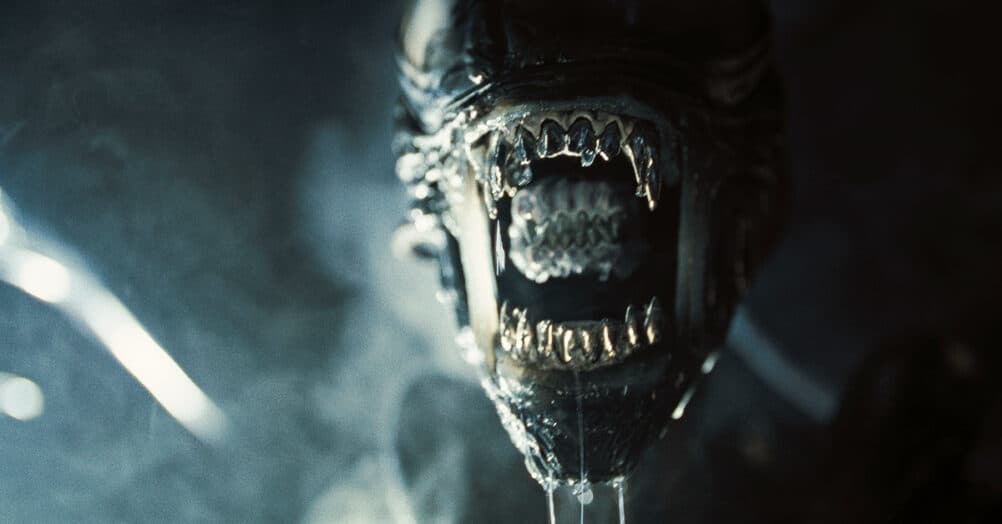
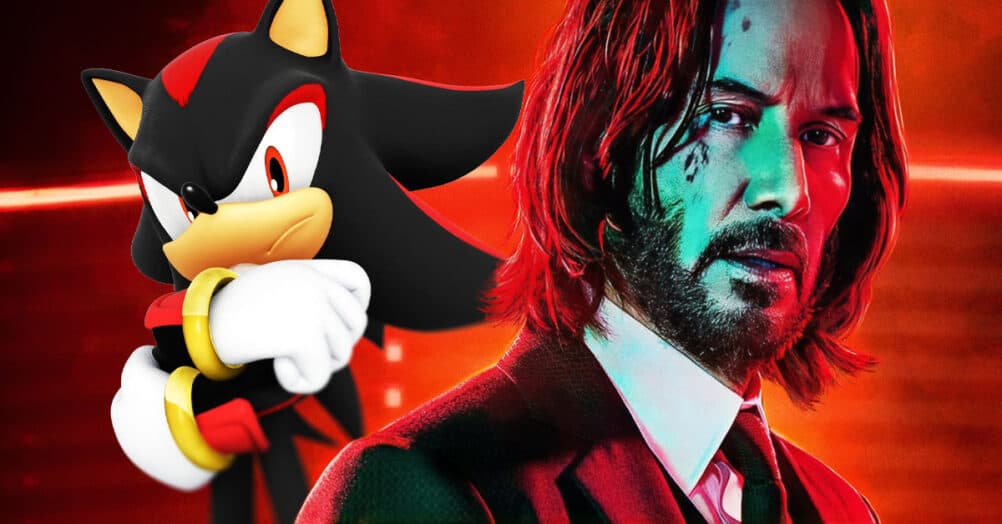
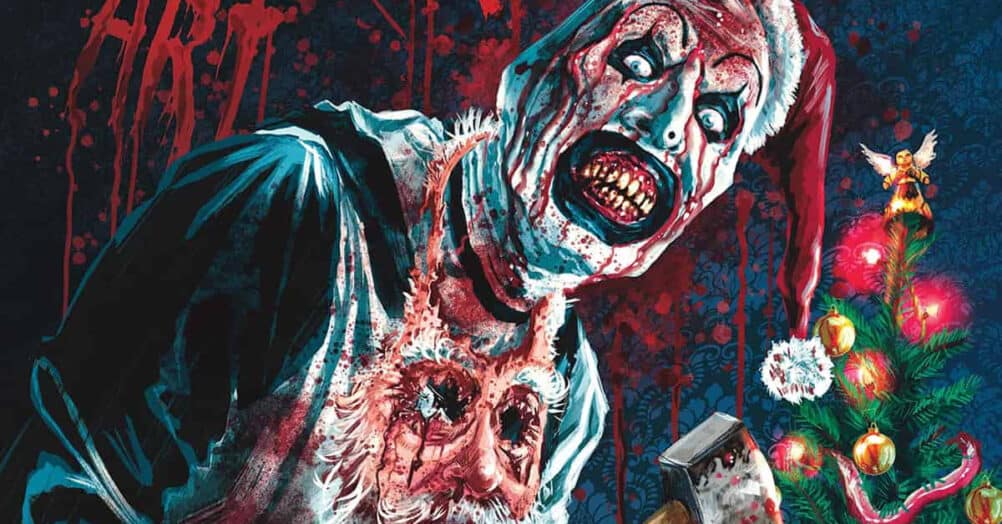
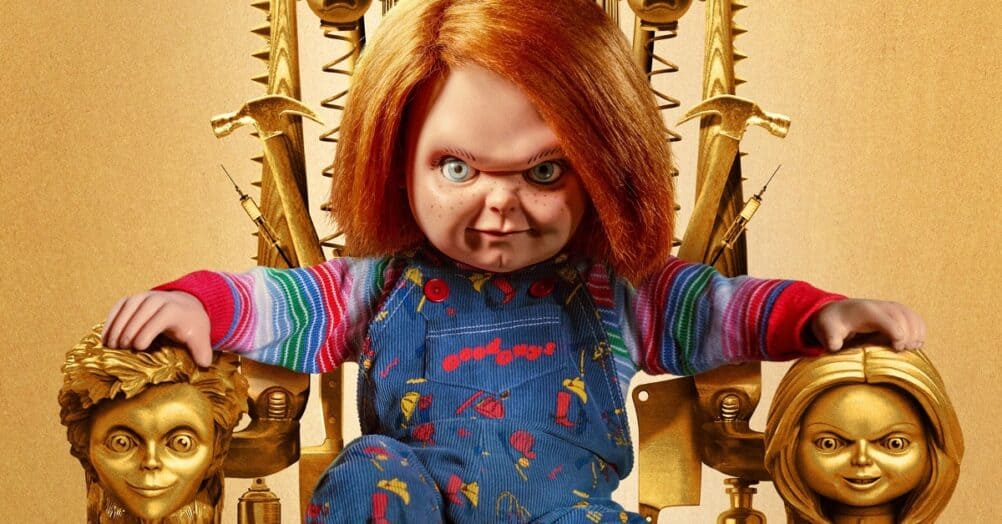

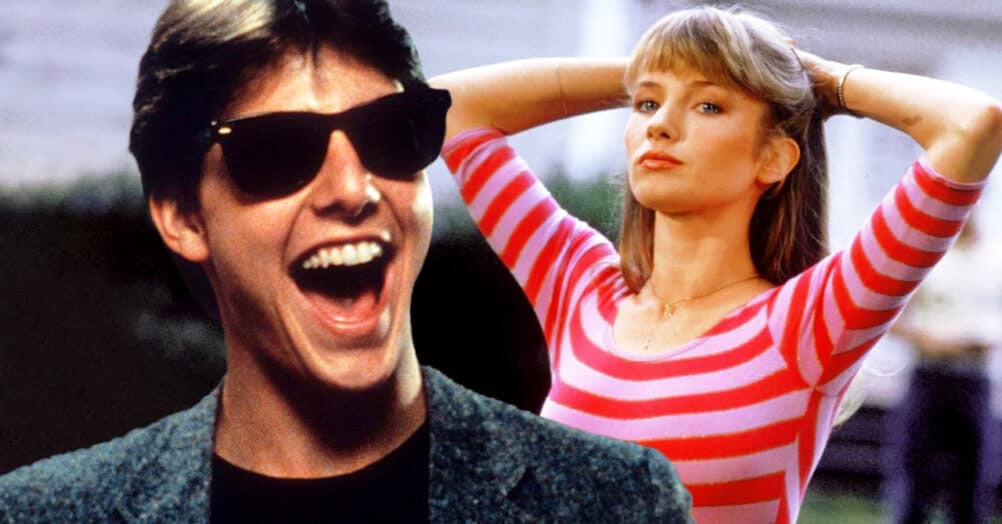
Follow the JOBLO MOVIE NETWORK
Follow us on YOUTUBE
Follow ARROW IN THE HEAD
Follow AITH on YOUTUBE